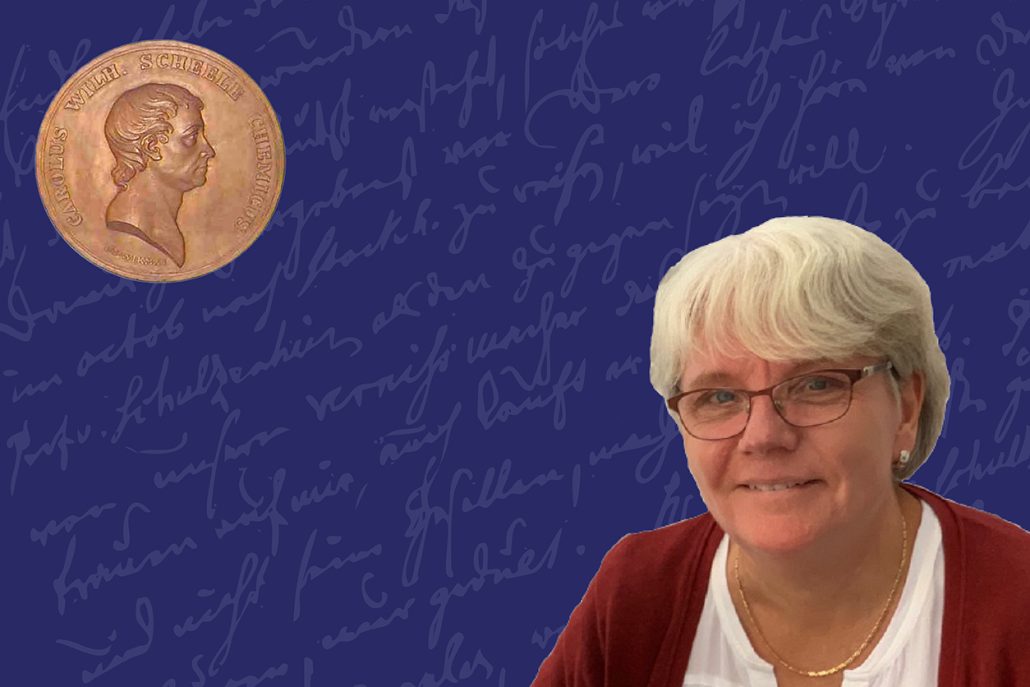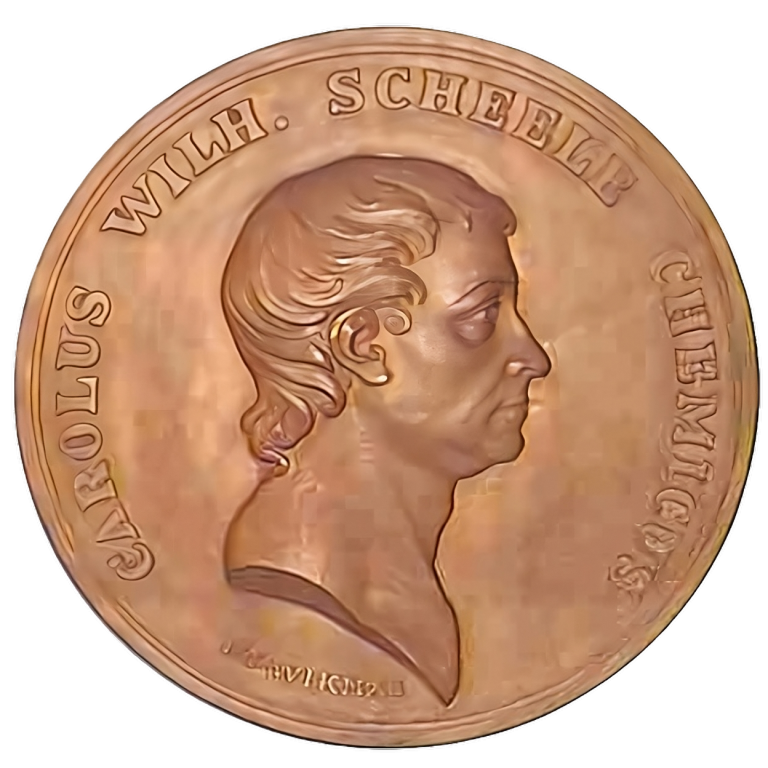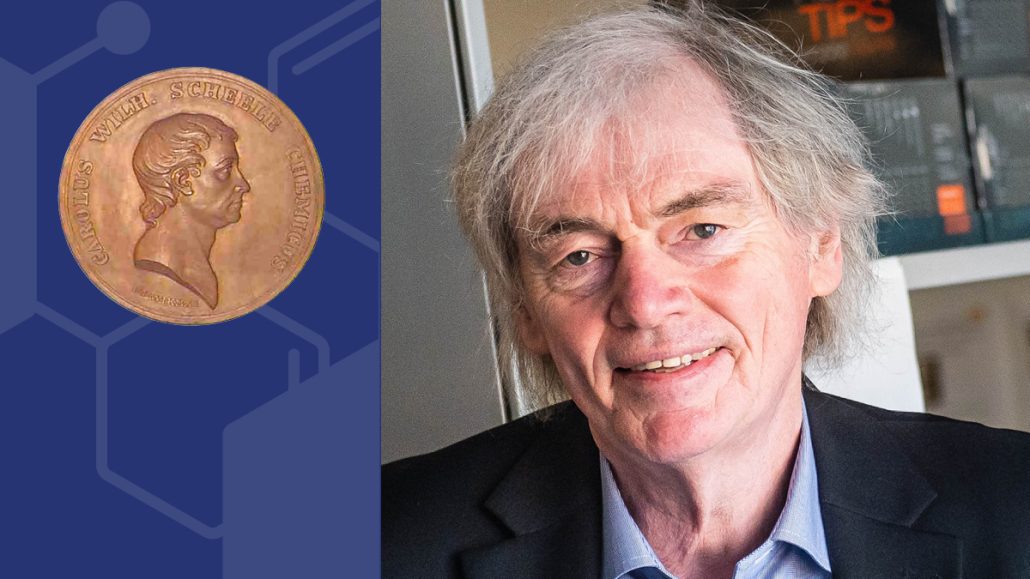Meet the speaker - Professor Katarina Edwards

Get a glimpse of the research that you will get the opportunity to learn more about at the Scheele symposium! The Scheele laureate Professor Pieter Cullis is a pioneer in the design, development and optimization of lipid nanoparticles (LNPs) for drug delivery and we will introduce the guest speakers who are all active in related fields. One of them is Professor Katarina Edwards, Uppsala University:
How does your research relate to Prof. Cullis’s scientific work?
Similar to Professor Cullis’s work, a substantial part of my previous research has focused on liposomes. Through collaborative projects, we have co-authored a handful of publications emphasizing the use liposomes as carriers of anticancer agents. While Professor Cullis’s more recent and highly successful work has focused on lipid nanoparticles (LNPs), a significant part of my own research has been dedicated to the development, optimization, and application of a different, less complex type of lipid-based nanocarrier. These nanocarriers, referred to as polyethylene glycol (PEG)-stabilized lipodisks, are composed of self-assembled lipid bilayers, similar to those found in PEGylated liposomes. However, unlike liposomes, lipodisks are not closed vesicles; instead, their bilayer structure is stabilized into a discoidal shape by the edge-active PEG-lipids.
Can you explain the potential applications and impact of your research for drug discovery/drug development?
Lipodisks, which are generally more flexible and smaller than conventional liposomes, present promising opportunities for drug delivery applications. Their planar bilayer region is well-suited for the efficient encapsulation of hydrophobic/lipophilic drugs, while the curved rim offers a favourable environment for loading amphiphilic compounds. Our previous studies have demonstrated that melittin and related membranolytic amphiphilic peptides bind with high affinity to the rim of lipodisks. These peptides possess potent antimicrobial and anticancer properties; however, they are often prone to degradation and present formulation challenges.
How will your research contribute for the benefit of patients?
The distinctive properties of lipodisks, including their capacity to encapsulate both membranolytic anticancer-peptides and conventional chemotherapeutic agents, make them promising candidates for use in co-delivery nanosystems intended for combination therapy of cancer. This approach, which combines two or more drugs with different mechanisms of action, offers the potential for significantly enhanced therapeutic efficacy and reduces both side effects and the risk of drug resistance development
What are some recent breakthroughs or discoveries that will advance in your field?
Studies comparing lipodisks to PEGylated liposomes show that lipodisks achieve greater tumour accumulation and significantly better tumour penetration. Recent results from our lab confirm that the use of lipodisks allows for efficient co-delivery of membranolytic anticancer-peptides and chemotherapeutic agents, such as doxorubicin, pirarubicin, and SN-38.
What advice would you give to aspiring researchers interested in pursuing a career in your research area, and how can they contribute?
It’s difficult to give general advice, but I believe it’s important to select topics that you have a genuine interest in and to focus on issues that spark your curiosity. A broad and diversified scientific contact net is always helpful, and can be built by, e.g., attending conferences and pursuing a postdoctoral stay abroad. Don’t hesitate to initiate or engage in collaborations with researchers that hold complementary knowledge or that have expertise and access to potentially useful experimental techniques. Moreover, remember that many great discoveries have their origin in unexpected findings. Thus, be open to and follow up on surprising findings and results.
Find out who else will be speaking at this year’s symposium
This year’s symposium features experts within the field of Lipid nanoparticles, sharing their insights, research, and real-world experiences. Visit the page to explore exclusive conversations with additional presenters. Get a behind-the-scenes look at their work, what inspires them, and what they’ll be bringing to the stage.
Meet this year’s speakers
This year’s Scheele Award events
The Scheele Symposium – Lipid nanoparticles: Revolutionizing drug delivery

Welcome to the Scheele Symposium in honour of the 2025 Scheele Award laureate, Professor Pieter Cullis.
The symposium focuses on various aspects of his research which spans over several decades and has had a significant impact on both the scientific community and patients.
Young Scientist Day

You are welcome to apply to this year’s Young Scientist Day in drug formulation and nanomedicine!
This year’s winner of the Scheele Award, Pieter Cullis will present his research and reflection from different parts of his carrier during Young Scientist Day, hosted by the Swedish Pharmaceutical Society on November 12, 2025, as a satellite event to the Scheele Symposium.